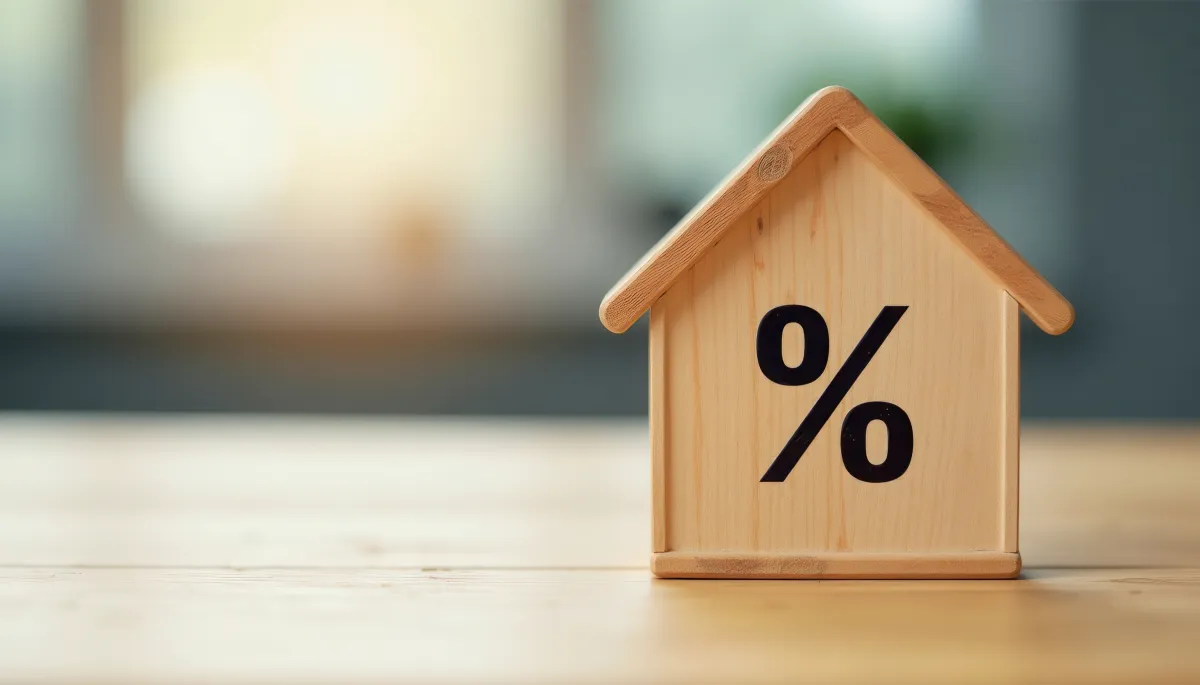LOAN PROGRAMS
Interest rates fixed on fixed rate
mortgage are still very low!
If you plan to stay in your home for the long term, a consistent payment that never changes can help you prepare for your financial future.

Conventional Fixed Rate Loans
Whether you’re a first-time homebuyer or an experienced real estate investor, conventional loans are an appealing option for many reasons. These loans offer flexibility, allowing for a variety of down payment options, loan terms, and property types. If you have a good credit score, low debt-to-income ratios, and prefer to avoid the restrictions of government-backed loans, conventional loans may be the right choice for you. Since they are not guaranteed or insured by a government agency, they provide more flexibility and can be tailored to suit your financial goals.
Fixed Interest Rate: The interest rate remains constant for the entire term of the loan, whether it's 15, 20, 25, or 30 years. This offers borrowers the security of knowing their payments won’t change, even if market interest rates rise.
Loan Terms: Conventional fixed-rate loans typically come in 15-year or 30-year terms, but other terms are also available. A 15-year loan will have higher monthly payments but will save you money on interest over time, while a 30-year loan offers lower monthly payments but may cost more in interest in the long run.
Down Payment Requirements: Conventional loans typically require a minimum down payment of 3-5%, but putting down 20% or more can help you avoid private mortgage insurance (PMI), which adds to your monthly payment.
Private Mortgage Insurance (PMI): If your down payment is less than 20%, you may be required to pay PMI. PMI protects the lender in case you default on the loan, but it increases your monthly payment. Once you’ve built 20% equity in your home, you can typically cancel PMI.
Common types of fixed-rate mortgages
The 15-year mortgage
You will pay less in interest on your fixed rate mortgage. If you borrow $100,000 to purchase a home at a 4% interest rate, paying over a longer period of time will mean more interest on the money borrowed. So, a 15-year mortgage can significantly cut down on the interest that you pay. Add to that the lower interest rates that are often available for 15-year mortgages and you could have some big savings available.
Your monthly payment will likely be higher. Even with the lower interest rate, you will probably have a slightly higher payment with a 15-year mortgage. This happens because you are paying more towards principal from the beginning. But, you will be mortgage-free in half the time, which is no small feat.
The 30-year mortgage
You will pay more in interest. Longer mortgage means more interest charged. This is how banks and other lenders make their money. They loan you, the borrower, money and collect their interest over the 15 or 30 years it takes you to pay them back.
Your monthly payment will likely be lower. Because you are spreading out your payments over a longer period of time, they will almost always be lower with a 30-year mortgage. If your monthly budget is tight, this may be a better way to go.
How fixed rate loans work
Monthly payments are based on interest rate, principal loan amount, and amortized interest over 30 years. With a Fixed Rate Mortgage, your interest rate will never change, even if market rates increase!
Your payment will not change throughout the life of the loan.
Your actual payment will vary based on your situation and the current interest rates when you apply.
Pay your mortgage off at any time without pre-payment penalties.

Facebook
Instagram
X
LinkedIn
Youtube
TikTok